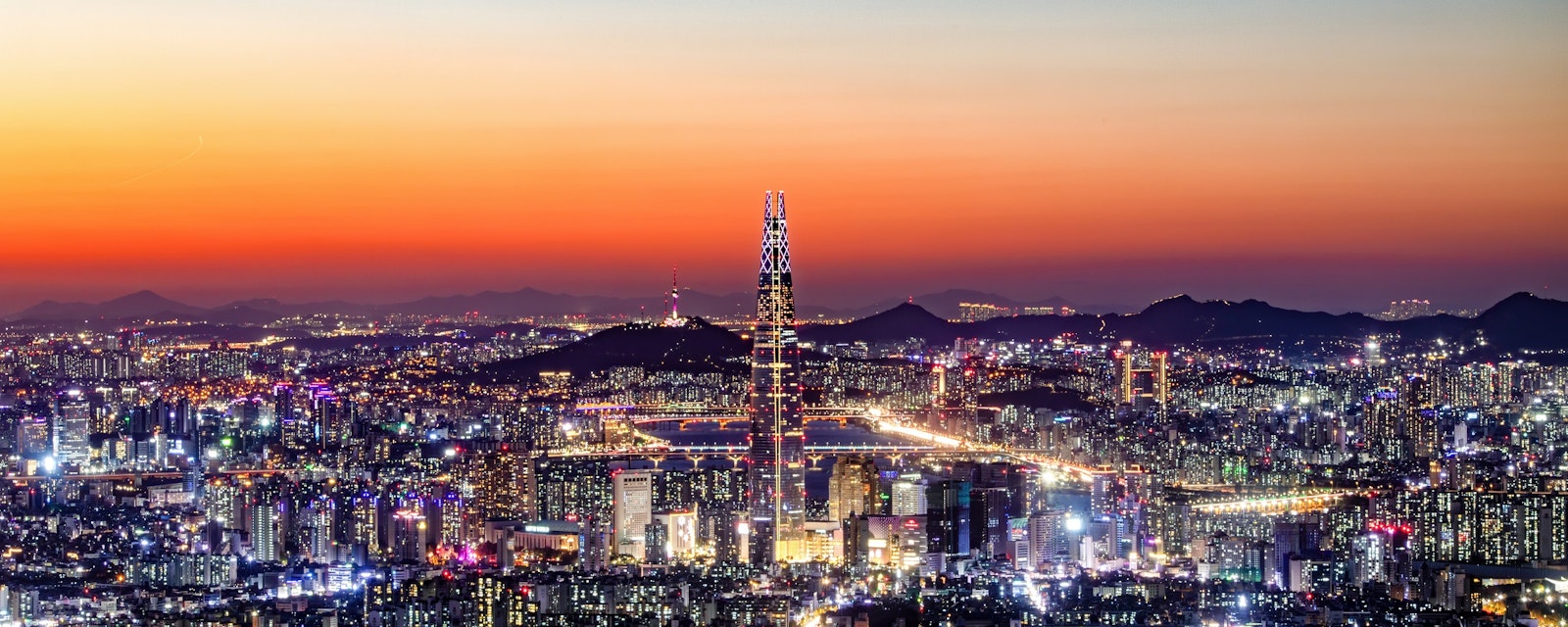The progressive Democratic Party formally nominated Lee Jae-myung as its candidate for the 3 June presidential election, with polls showing him with a commanding lead. Acting President Han Duck-soo's potential candidacy for the conservative People Power Party has stirred intense speculation, with backroom negotiations intensifying this week.
The first round of US-ROK "2+2" trade talks yielded modest preliminary results, with domestic political pressures constraining the agreement space ahead of the election.
As expected, the progressive Democratic Party (DP) on 28 April formally nominated polarizing leader, Lee Jae-myung, as its candidate for the 3 June presidential election. Lee’s early campaign promises include tax breaks and labor regulation exemptions for semiconductor manufacturers. A Realmeter opinion poll released on 28 April placed Lee at 48%, more than 30 percentage points ahead of rivals. The same poll showed party support at 47% for the DP and 35% for the conservative People Power Party (PPP). The PPP is due to decide on its candidate on 3 May.
Han solo?
The main topic of discussion in political circles on the ground in Seoul in recent days has been the possibility of acting president Han Duck-soo running for the PPP nomination. Han currently enjoys high visibility due to the ongoing US-South Korea tariff negotiations and his recent phone call with President Donald Trump. However, Han would need to resign by 4 May in order to run, risking several more weeks of political drift in Seoul.
Backroom negotiations within the PPP are likely to be intense this week. Recent polling suggests Lee would win all hypothetical head-to-head contests against PPP candidates by margins of up to 17 points, but Han polls within the margin of error in some polls. A split race among conservative candidates—between another PPP nominee and a potential independent candidacy by Han—would almost certainly secure a Lee victory.
Rather than risk a “Han solo” scenario, other conservative candidates have floated the idea of a joint ticket with Han, though discussions remain preliminary. Critics argue Han would struggle to distance himself from disgraced former president Yoon Suk-yeol and note his lack of an independent political base within the PPP. Nonetheless, Han’s image as a relatively apolitical career technocrat—he previously served as ambassador to Washington under a liberal administration—could appeal to the broader public.
Trade-talks dimension
The US-ROK "2+2" trade talks held on 24 April in Washington yielded only modest preliminary outcomes. Proposals were made to form six or seven working-level groups in the coming weeks to address tariff and non-tariff barriers, economic security, investment cooperation and possibly currency policy. A senior South Korean trade official on 28 April effectively ruled out the prospect of any bilateral deal before 3 June.
Han was reportedly pressuring negotiators to push for an early tariff agreement with the U.S. to bolster his potential candidacy. The DP, however, opposes any near-term trade deal that could bind a future administration. The acting government’s ability to negotiate substantive trade outcomes is constrained by domestic political considerations, with any major concessions likely to be viewed through a partisan lens.
Other factors
Separately, rumors persist that the DP may pursue a second round of impeachment charges against Han, this time linked to his role as prime minister in convening a meeting for then-president Yoon’s 3 December martial law declaration. However, with Han already cleared in March of previous impeachment charges related to his early actions as acting president in mid-December, the DP risks backlash from an electorate already weary of impeachment proceedings.
Meanwhile, the Supreme Court may rule sooner than expected on Lee Jae-myung’s election law violation case. If the court overturns the appeals court’s not-guilty ruling, Lee would be disqualified from running in the 3 June election. However, if the case is sent back down to the appeals court, Lee would remain eligible to contest the presidency.




